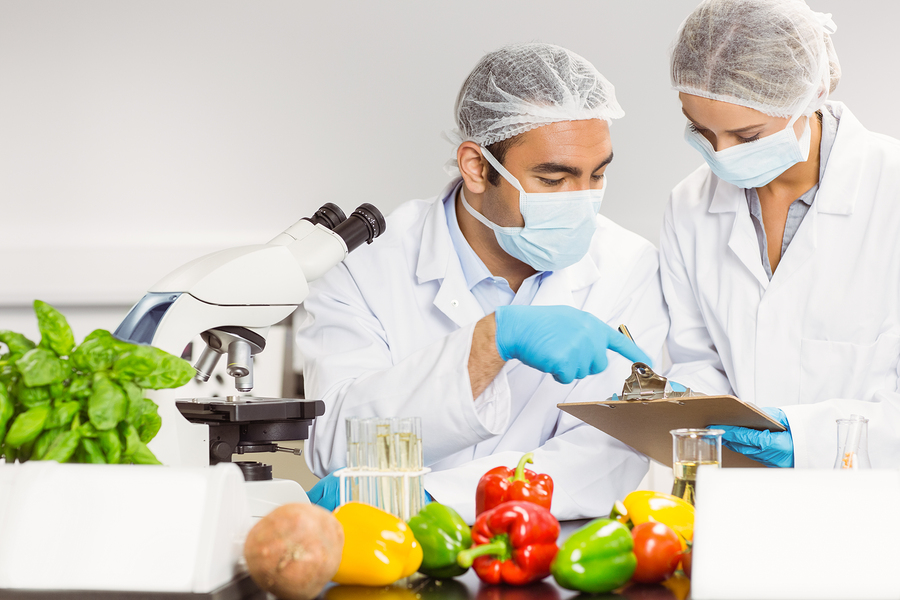Why a Food Safety Course Is Essential in Singapore’s Food Industry
Singapore is globally recognized for its world-class food culture and high standards of hygiene. With thousands of eateries, hawker stalls, restaurants, and food processing facilities spread across the island, maintaining food safety is not only a public health concern—it’s a national priority. This is why enrolling in a Food Safety Course in Singapore is vital for anyone involved in food preparation, handling, or service. These courses ensure that all food handlers are trained to prevent food contamination and uphold the stringent standards set by local authorities.
The Role of Food Safety in Singapore
Food safety is more than just washing hands and keeping the kitchen clean. It involves a detailed understanding of how food should be stored, prepared, served, and transported. In a densely populated country like Singapore, where millions of meals are prepared and consumed daily, the risk of foodborne illnesses can be significant if food safety is compromised.
The Singapore Food Agency (SFA) plays a crucial role in regulating and monitoring food safety practices. The agency mandates that all food handlers be adequately trained and certified, which makes the Food Safety Course a legal and professional requirement for many. Establishments that fail to meet hygiene standards face penalties, public exposure, and, in serious cases, closure.
Who Needs a Food Safety Course?
A Food Safety Course is not just for chefs and cooks. It’s designed for anyone in the food industry, including:
-
Hawker stall owners and assistants
-
Kitchen staff in restaurants and hotels
-
Catering companies and home-based food businesses
-
Supermarket staff who handle fresh produce and ready-to-eat items
-
Delivery personnel responsible for transporting food
Even food business owners who may not be directly involved in food handling can benefit from understanding safety protocols. With food delivery and cloud kitchens on the rise, the scope of food safety has expanded beyond traditional kitchens.
What to Expect in a Food Safety Course
Most food safety courses in Singapore are structured according to national standards and cover both theoretical knowledge and practical skills. Key areas typically include:
-
Personal Hygiene: Proper grooming, handwashing, and protective clothing.
-
Food Handling and Preparation: Safe methods of thawing, cooking, and cooling food to avoid bacterial growth.
-
Cross-Contamination: How to prevent the transfer of harmful substances between foods, equipment, and surfaces.
-
Cleaning and Sanitization: Ensuring that all utensils, surfaces, and storage areas are regularly and properly cleaned.
-
Pest Management: Identifying signs of pest infestations and preventing them through good hygiene and waste management.
-
Food Storage: Understanding the importance of temperature control and correct storage practices.
Some courses also delve into Singapore-specific food laws, enforcement policies, and inspection procedures to help participants stay compliant with local regulations.
Certification and Compliance
In Singapore, the basic Food Safety Course Level 1 is mandatory for all food handlers working in SFA-licensed food establishments. Participants must complete the training and pass a written or practical assessment to receive certification. This certificate is typically valid for five years and must be renewed through refresher training.
For those in supervisory roles, higher-level courses such as Food Safety Course Level 3 or the Food Hygiene Officer Course are also available. These advanced programs equip learners with the skills to monitor food safety practices within their teams, conduct internal audits, and support regulatory compliance during inspections.
Having certified staff is not just about ticking boxes—it’s a mark of professionalism and a way to build customer trust.
Benefits of Attending a Food Safety Course
Whether you’re a new employee in the food industry or an experienced business owner, attending a Food Safety Course in Singapore offers numerous benefits:
-
Prevention of Foodborne Illnesses: Learn how to avoid contamination and food poisoning.
-
Legal Compliance: Stay in line with the latest SFA regulations and avoid costly penalties.
-
Boosted Employability: Certified individuals are more attractive to employers, especially in competitive sectors like food and hospitality.
-
Improved Efficiency: Staff who are well-trained in food safety work more effectively and reduce wastage.
-
Customer Confidence: Businesses with visible hygiene practices and trained personnel inspire trust among patrons.
These courses are often eligible for subsidies under SkillsFuture or Workforce Singapore (WSG) programs, making them affordable for both individuals and companies.
Modern Trends in Food Safety Training
With the evolution of the food industry, food safety training has also modernized. Many training providers in Singapore now offer online or blended learning models, which combine e-learning with physical assessments. This makes it easier for working adults to get certified without interrupting their daily responsibilities.
The curriculum is also being updated to include topics like:
-
Allergen Awareness: Understanding how to manage and communicate food allergens.
-
Food Fraud Prevention: Techniques to detect and prevent adulterated or misrepresented food products.
-
Sustainability and Waste Reduction: Practices that promote eco-friendly food handling without compromising safety.
These additions are essential as customer expectations rise and food businesses aim to align with global best practices.
Choosing the Right Course Provider
Singapore has many training centres offering food safety courses. When selecting a provider, it’s important to ensure they are approved by the relevant authorities and that their courses are recognized by the SFA. Look for features such as:
-
Qualified trainers with industry experience
-
Hands-on training sessions
-
Practical assessments to test real-world application
-
Language support for non-English speakers
-
Clear certification pathways for career progression
Whether you are looking to upskill, start a new food business, or ensure your staff is properly trained, finding the right course provider can make a significant difference.
Conclusion
Singapore’s food culture is vibrant and diverse, but behind every delicious meal is a responsibility to ensure food safety. A Food Safety Course provides the essential knowledge and skills required to keep food safe from contamination and consumers protected from harm.
In a fast-paced and highly regulated environment, being trained and certified in food safety is not just an option—it’s a necessity. Whether you’re entering the industry, running a food business, or simply want to understand more about hygienic practices, investing in food safety education pays dividends in quality, trust, and peace of mind.
Make food safety a priority today and contribute to a healthier, safer Singapore—one plate at a time.






